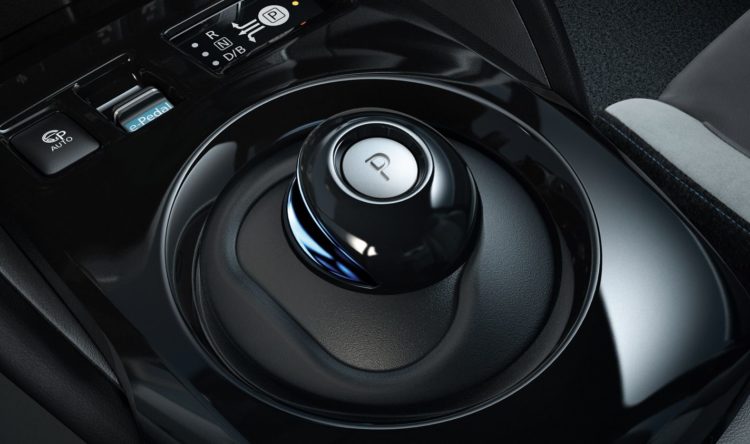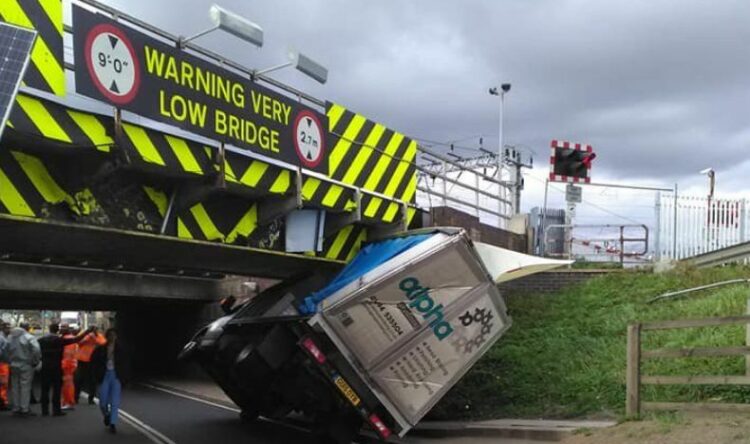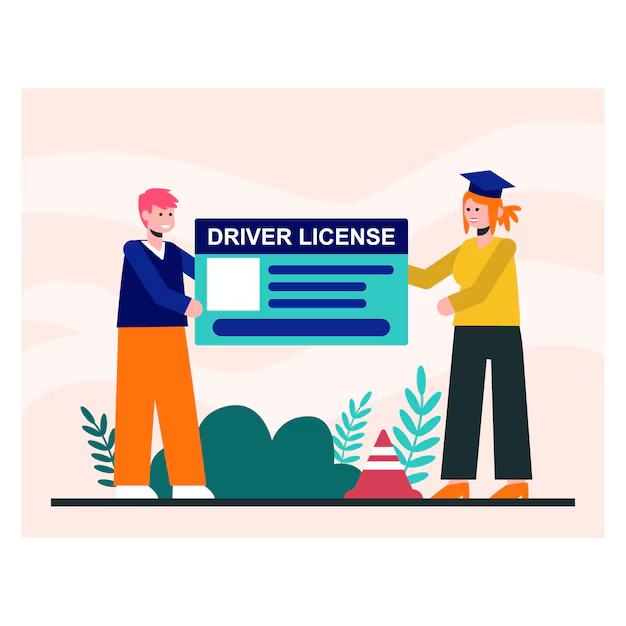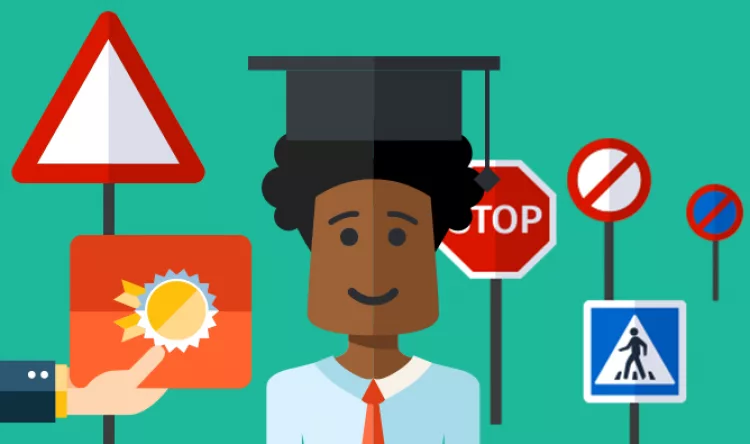Does Graduated Driver Licensing pass the test?
We want to know your thoughts - Vote thumbs up or thumbs down
Yes – Neil Worth, Road Safety GEM Motoring Assist
In its recently published 2019 Road Safety Statement the Government has committed to exploring the possibility of introducing Graduated Driving Licensing (GDL) for young and novice drivers. This, together with the Graduated Learning System they are also exploring, can only be a welcome step to improving road safety for everyone. The introduction of GDL is long overdue and there is evidence from around the world to highlight its effectiveness. In New Zealand, for example, where GDL was introduced in 1987, there was a 35% reduction in casualties in the 15 – 24 age group. This is not insignificant when you consider that in 2018 28,674 young people were injured on the roads, 279 of them fatally. Introducing a minimum learning period and restricting novice drivers to cars below a certain engine size, prohibiting them from driving at night, with passengers aged under 25, and with a strict zero-tolerance alcohol limit will all help to reduce the risk and keep these young people safe. Graduated Driving Licensing fits well within the ‘Safe Systems’ approach, but it isn’t about restricting young people’s freedom. Instead, it is designed to allow them to gain vital road experience that will lead to many years of safe driving.
No – Edmund King OBE, President, Automobile Association
We have long supported the idea of graduated learning rather than just impractical restrictions on new drivers after the test. It is essential to find the holistic balance between ongoing learning and restrictions. Mandatory logbooks for learner drivers to ensure they gain a wide range of experience driving on different roads, including motorways where possible and rural roads, in different weather conditions, and at different times of the day or night is another measure we’ve believed in for some time – it’s far better to gain essential experience before going solo behind the wheel. Besides GDL, other measures such as road safety on the national curriculum, would also benefit new drivers. Excessive post-test restrictions could negate the purpose of them having a driving licence in the first place – such as access to work when public transport is not convenient. Therefore, any restrictions must be properly researched and piloted first to ensure they are practical and can be policed effectively. It is worth noting that in most countries that have restrictions on drivers after the test, the drivers can start learning at 16 years of age so that any restrictions don’t adversely affect job prospects and access. Potentially, the mass roll-out of monitored ‘black box’ insurance to all new drivers will be the most effective way to save lives.







